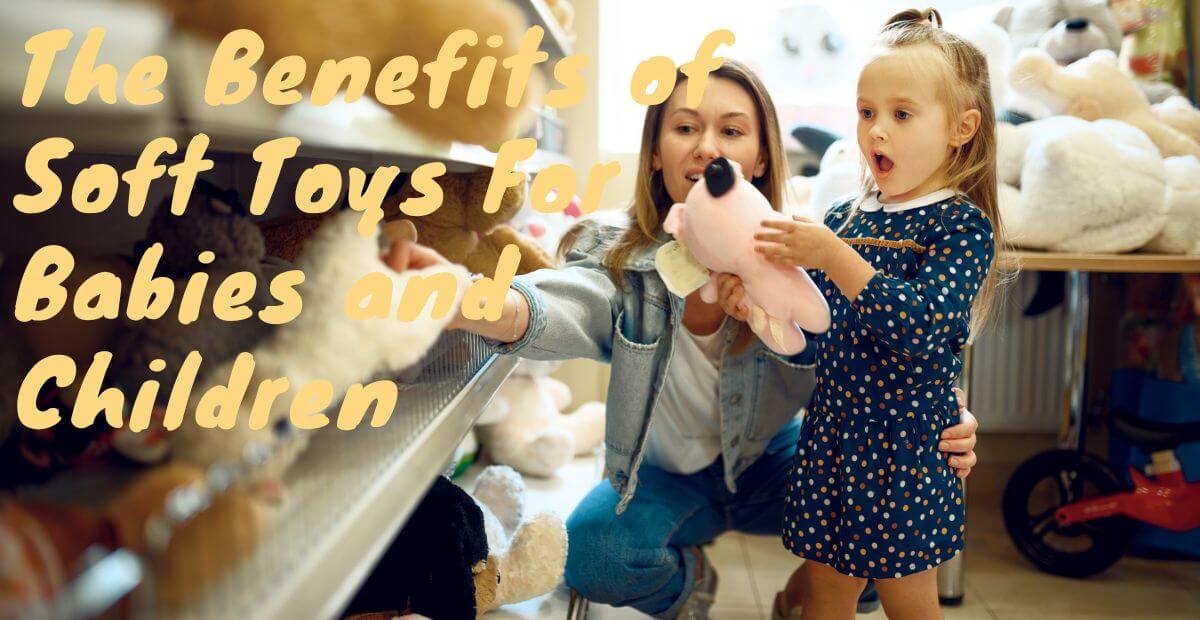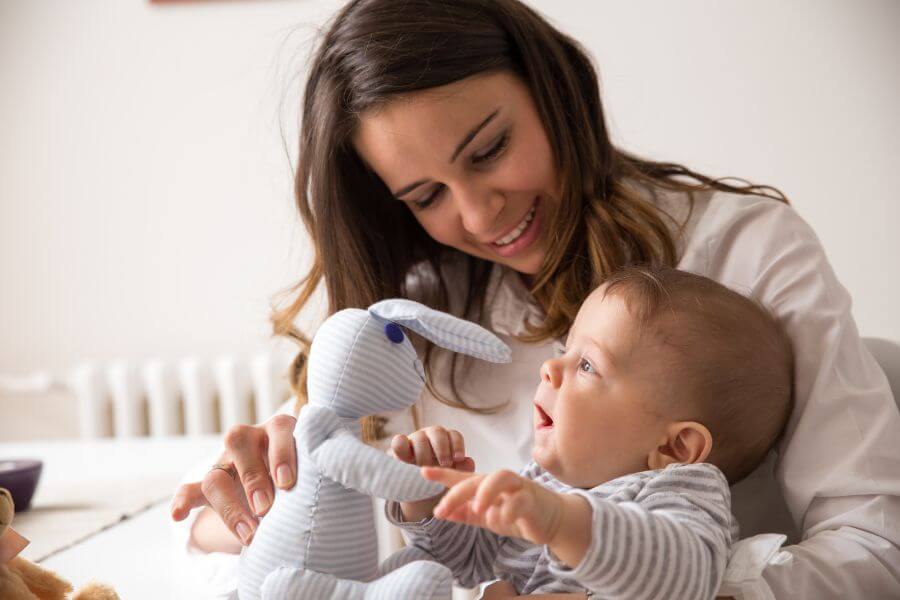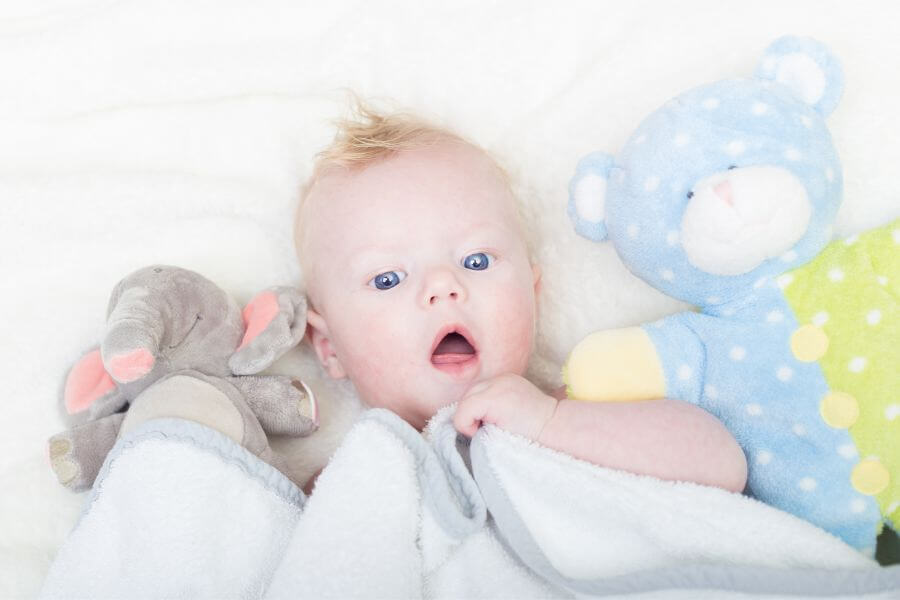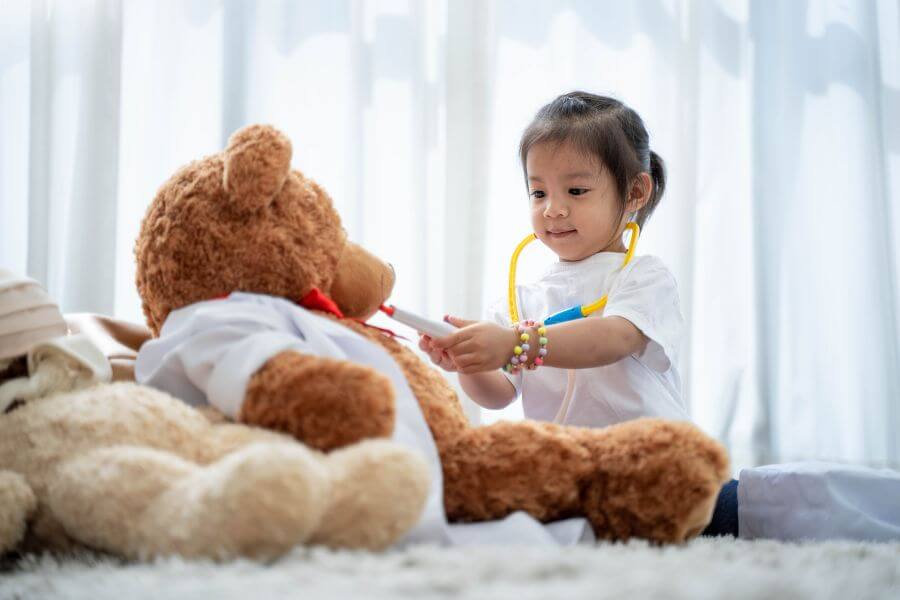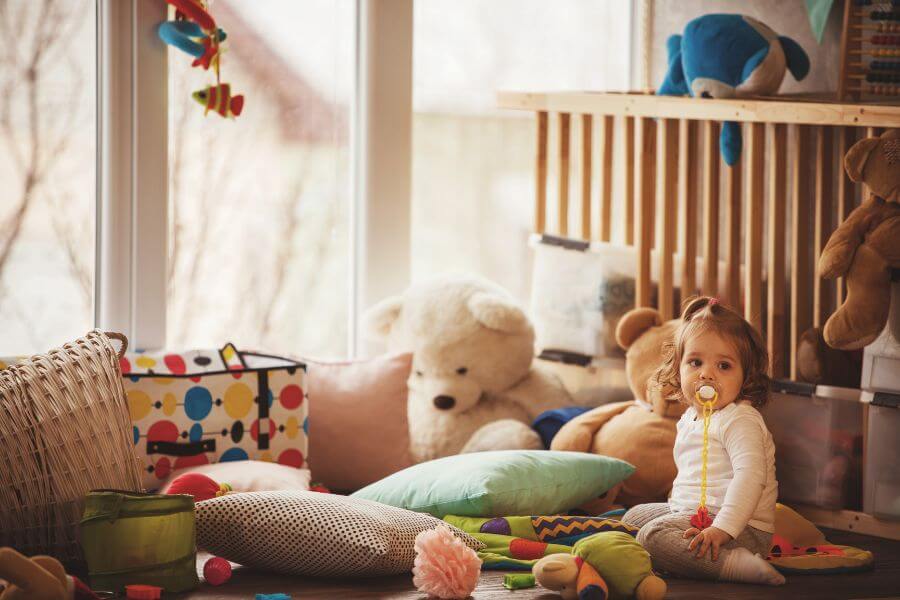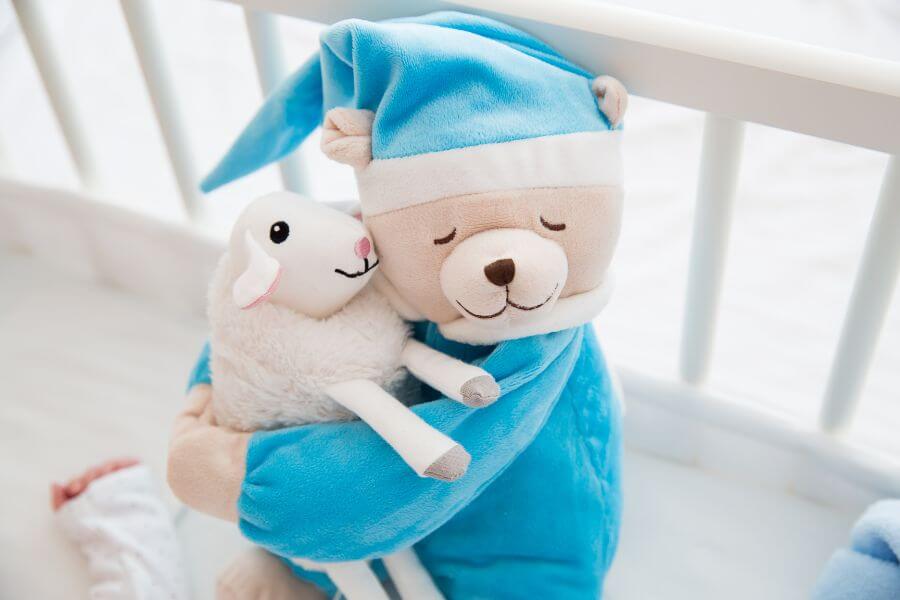Blog
The Benefits of Soft Toys For Babies and Children
With so many toys available today, parents often lean toward electronic gadgets, thinking they offer the best learning experience. Some believe soft toys are outdated and not as educational. However, The Benefits of Soft Toys For Babies and Children go beyond cuddles—they support cognitive growth, social skills, and emotional development. Let’s explore why plush toys remain essential for kids!
🧸 The Benefits of Soft Toys For Babies and Children: Why They Matter
I: The Importance of Soft Toys For Babies
Why is it Good For Babies To Play With Toys?
Soft toys can be the ideal combination for fostering the development of sensory abilities and promoting social and emotional development in babies because they love to touch and feel novel textures. Soft toys are the ideal way for infants to explore new things since, even at such an early age, they start to understand the various colors, sizes, and textures of the world around them.
Is a Soft Toy Good For Babies?
Babies experience worry and distress much as adults do. They find the world frightening, so one approach to make them feel better and less alone is to show them their favorite furry friend. Soft toys can comfort and acquaint newborns with familiar objects. They can also assist infants in soothing themselves. A teddy bear by their side can assist them in finding comfort and give the impression that they are with a loved one when faced with stressful conditions.
Soft toys not only make babies feel more comfortable, but they also foster their social development. This can involve imitating activities comfortable for children, such as pretending to eat meals, conversing with parents, or playing with siblings or other friends. They can engage in pretend to play with the aid of stuffed animals. Their social skills can be strengthened using this as a base.
How Do Toys Help Babies Learn Cause and Effect?
Soft toys can also aid in infants’ language and communication development since pretend play encourages them to communicate with others. They become more sociable through pretend play, which paves the way for future learning of writing and reading.
Soft toys can help babies develop empathy and a sense of connection and appreciation. It satisfies their desire to care for others and teaches them the value of empathy and compassion.
Ensure the soft toys you purchase for babies are appropriate for children under 12 months. There must be no little pieces or loose fibers because babies naturally need to investigate with their mouths.
Read More: Best Stuffed Animal For Girlfriend
II: Advantages of Soft Toys For Young Children
Benefits of Children Play With The Soft Toys
Soft toys for toddlers offer countless advantages. When youngsters are worn out or confronting a new scenario or transition, they crave the comfort and reassurance that a warm, soft toy can provide. Additionally, a toddler’s favorite teddy bear helps ease separation anxiety and ease the transition from a cot to a toddler bed.
Young toddlers frequently use soft toys to express their emotions and comfort them, fostering important traits like empathy, compassion, and bonding.
For young children, the world is a fascinating place full of things to explore. Role-playing with soft toys can assist kids in picking up new abilities. If you want children to learn how to wash their teeth, for instance, you can demonstrate the procedure and let them practice by scrubbing the teeth of their favorite furry friend.
Children have the propensity to have temper tantrums whenever they are frustrated. Giving them a stuffed animal will enable you, as their parent, to assist them in controlling their emotions. For instance, you could use their soft toys to recreate when your child used to cry anytime you left the house. You can pretend their favorite toy wants to attend preschool, make new friends, and learn from the teachers by borrowing the toy. They won’t be throwing such tantrums any longer once they understand that you leave the house is not such a horrible thing.
This age group of kids may occasionally experience separation anxiety. You may raise their self-esteem, lessen their stress, and make them feel safe and secure by demonstrating that they have nothing to fear and by assisting them in learning to separate.
Based on how nice and cuddly they are, Bonnie Bunny, Hamilton Hippo, and Cuddles the Monkey are our favorite soft toys for kids.
Older Kids
Soft toys offer advantages to children of all ages, not only infants and toddlers. According to studies, holding a soft toy helps reduce anxiety. Adding a touch replicating human connection, such as hugging a teddy bear, may be beneficial in treating depression, anxiety, and low self-esteem.
The bond we form with our favorite stuffed animals when we are young can be advantageous even as adults. According to recent research, 28% of adult men still sleep with the plush toys they received as children, and 51% have retained them. This merely demonstrates that the connection we form with our favorite teddy bear is a lifelong friendship and more profound and more complex than it first appears.
We provide a beautiful selection of one-of-a-kind soft toys at Beehive Toy Factory for both kids and adults.
Have you kept the teddy bear you had as a child? What associations do you have with your very first plush toy? Please share your tale with us!
III: What is The Benefit of Soft Toys?
Educational Benefit
Do you realize the educational potential of soft toys? Soft toys for babies can help a child learn new skills. For example, soft toys can teach children how to wash their teeth or tuck themselves into bed. They serve as examples and are helpful since the youngster has an emotional tie to the toys. Soft toys for babies can also teach children basic etiquette, model appropriate behavior by putting them in challenging settings and familiarize them with challenges by enhancing the quality of play at each level.
Developing Social Abilities
Babies who play with soft toys develop their social and communication abilities. According to studies, pretend-to-play with stuffed animals is encouraged for youngsters between 12 and 18 months to help them develop their cognitive and acquisition skills. Using pretense, a youngster can communicate with a toy by identifying it with a fictional character and imitating adults. Role-playing promotes dialogue and two-way communication. Their social skills can even be improved by playing with these slimy toys or acting like they’re eating food.
Convey Comfort
The soft, velvety texture of the plush animals gives a sleeping newborn a sense of comfort and security. They enjoy being touched and experiencing soft sensations that could help with sensory development. Additionally, it soothes them and keeps them calm and focused on particular situations. These play models are the safest choice because pouting babies frequently chew and suck on their toys. Since soft toys are flexible and have bristly whiskers, they are simpler to wash and clean. Soft toys calm babies’ fear and alleviate their suffering like good friends. It lessens the young child’s anxiousness and
Encourage Language Excellence
Future language development is aided by interaction and active use of sounds and words. A youngster cannot develop communication abilities independently; it requires constant interaction with others. Practical strategies for teaching new words and sounds include making teddy animals talk and using soft toys to narrate stories. Through pretend play, soft toys for newborns increase their level of assurance and confidence. Additionally, the youngster will learn how to take turns speaking and control their voice modulation. This means that you can create the groundwork for reading and writing by repeating words and phrases in conversations and turning babbling into simple sentences.
Inspires Compassion and Empathy
Babies can express empathy and care for other living things through soft toys. It causes a child to feel love and care. Since the baby is cared for by the youngster like an adult would care for their child, they fantasize about the stuffed animal and express their love and care for it. This will teach children the joy of sharing and caring and make them feel possessive about their possessions. A child’s attachment to a toy signifies their desire to interact with others. The youngster will develop empathy for one another by attending to the “needs” of their buddy. Role-playing and pretend play strengthen bonds between people and foster emotionally healthy development.

